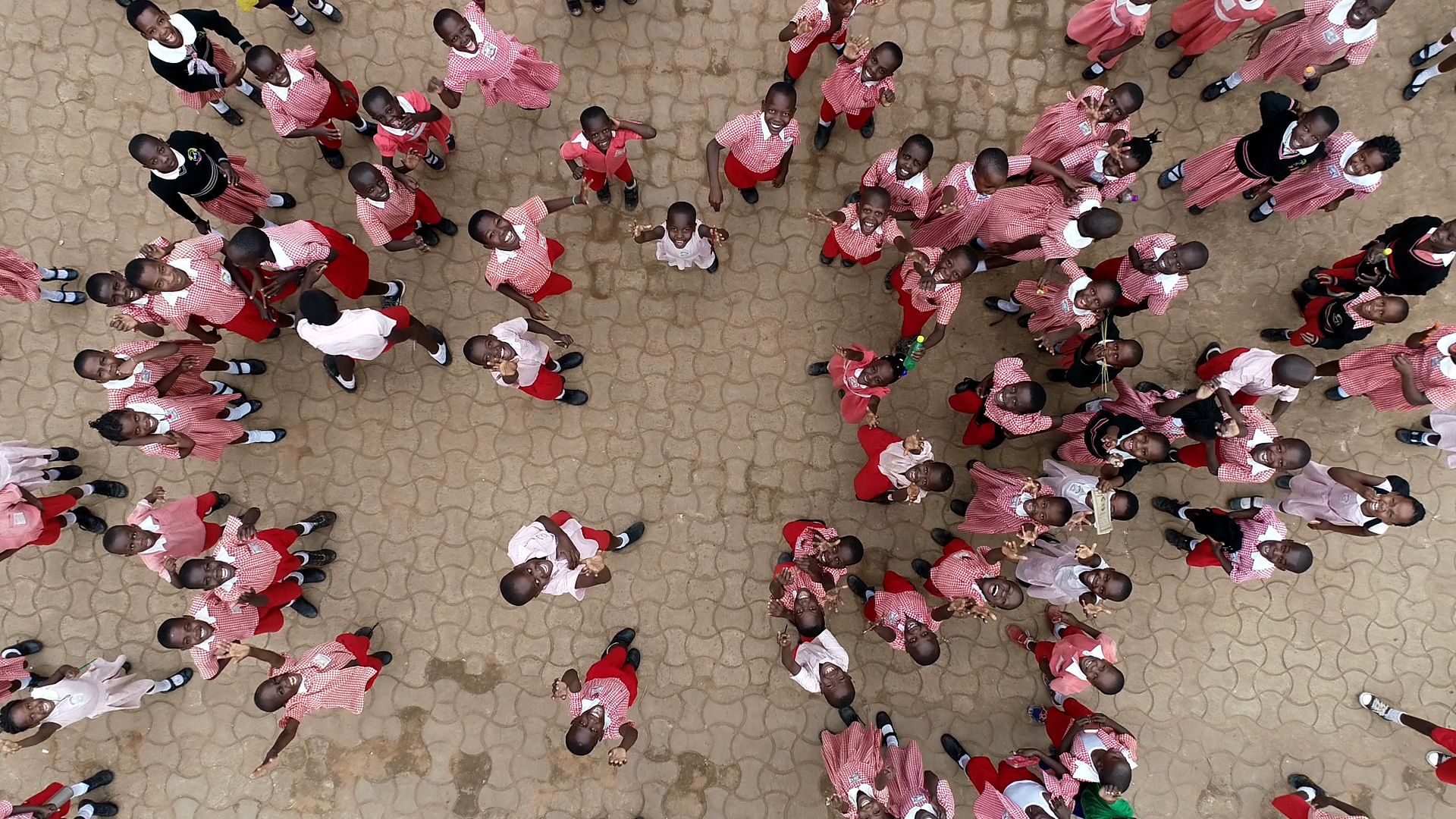Context, challenges, and approaches
Côte d’Ivoire stands as the world’s foremost producer and exporter of cocoa, making cocoa production the bedrock of its economy and supplying nearly 40% of the world’s cocoa. Within the country, the Nawa region is one of the largest cocoa farming areas. Most of the cocoa production in this area is done by smallholder farmers in small settlements, many of which are far from towns and villages, connected only by dirt roads through rough forest terrain.
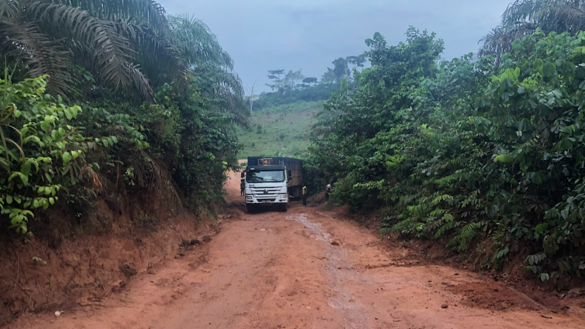
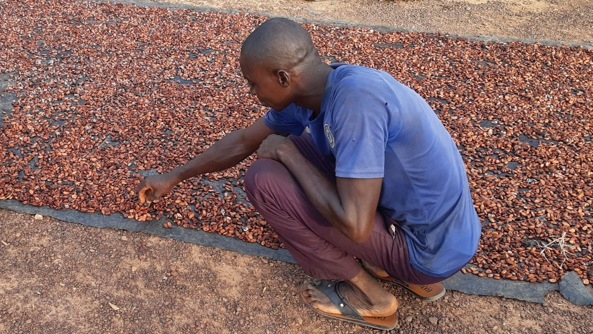
Cocoa provides employment and income for millions of Ivorians across the country. Unfortunately, it is also known that child labour occurs in many of the cocoa plantations. One of the main reasons for this is that the cocoa producing areas lack formal, quality schools with sufficient resources. Often schools are too far away, and where they do exist in these settlements and small villages, they are understaffed and don’t have the appropriate materials to ensure children learn at the right level. Regional authorities do not always know where schooling needs exist or what they are, and they are many times unable to provide the necessary resources to strengthen education opportunities for children. Dropout rates are high, despite legislation requiring children to attend school until they are 15 years old.
Breaking poverty cycles with education
It is widely recognised that the most effective way to eradicate child labour is to improve access to and quality of education. Universal quality education can break intergenerational cycles of poverty and household dependence on child labour. Therefore, UNICEF, Save the Children and SYNADEEPCI (teachers union) have formed a partnership that has implemented the WNCB programme over the last four years. The activities are being implemented at the central level (Abidjan) and in the departments of Buyo, Guéyo, and Soubré in the Nawa region, with an intensification of activities around child labour in cocoa production.
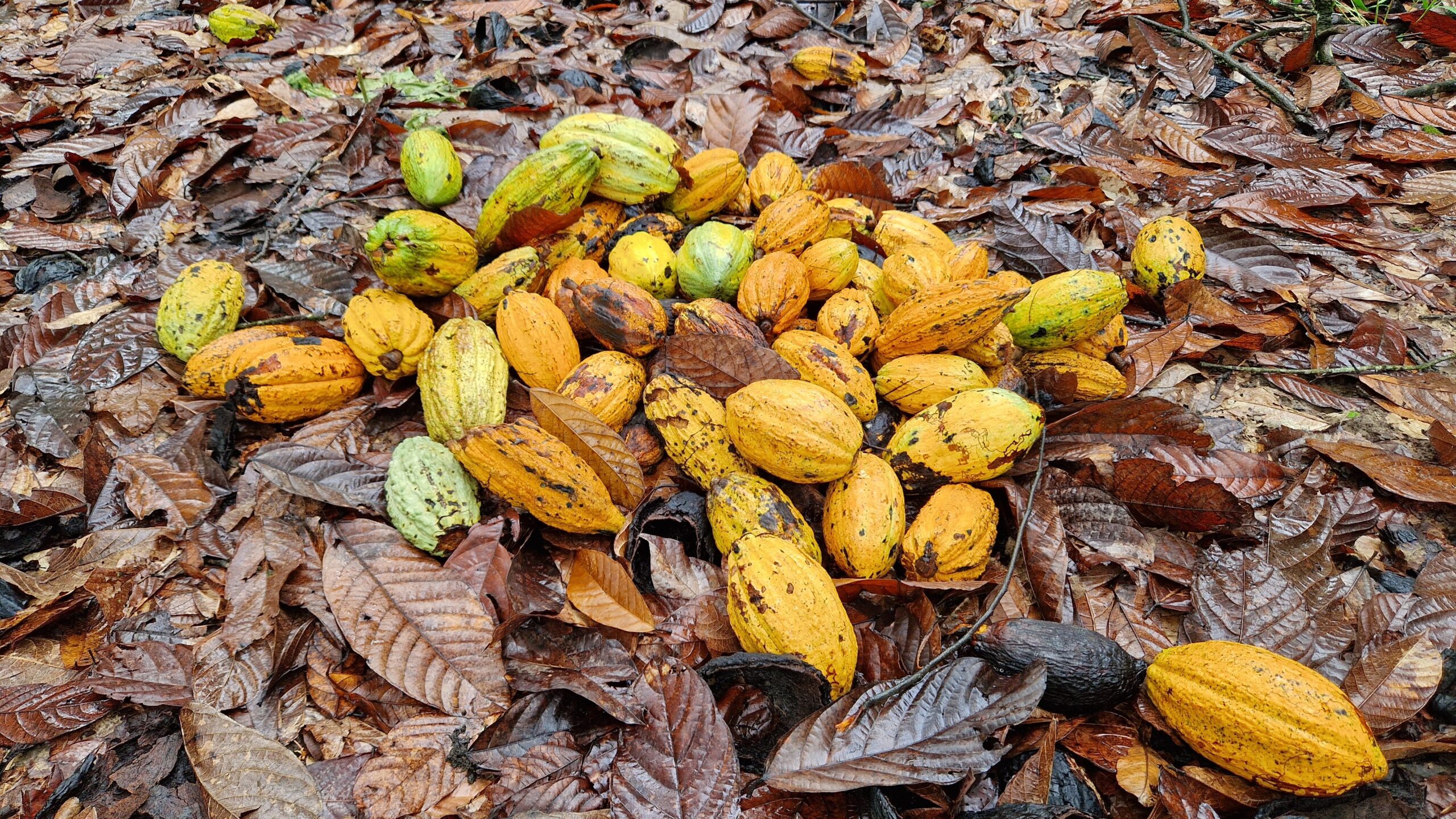
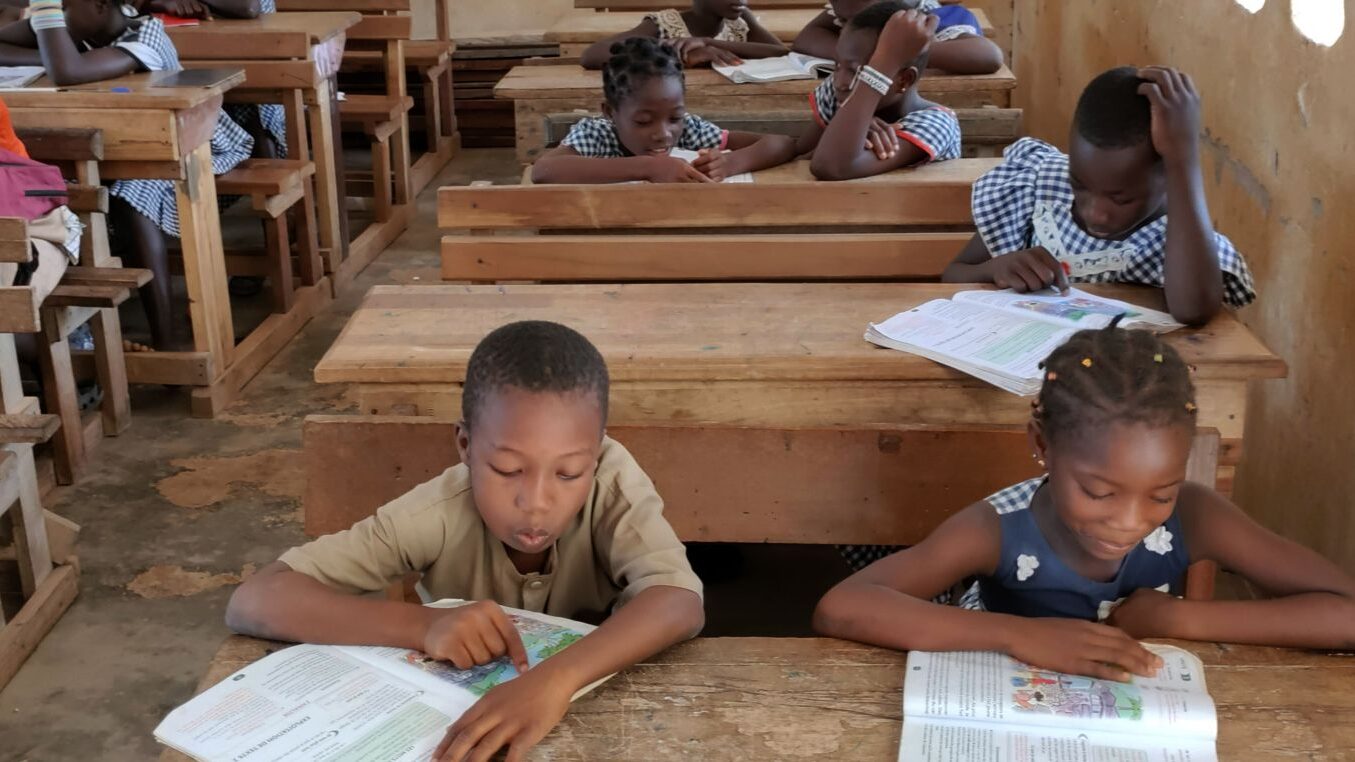
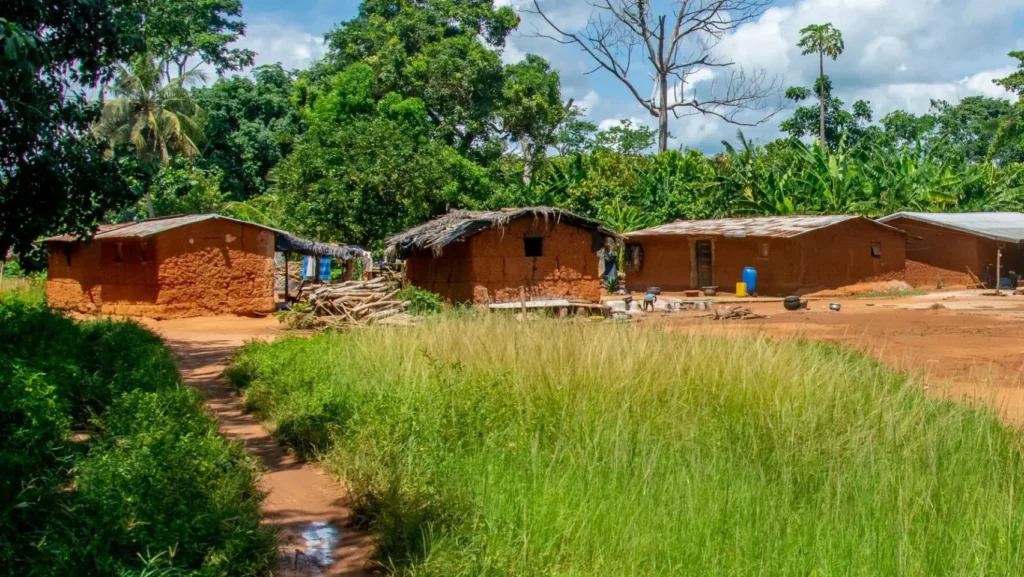
Complementing activities
Under the WNCB umbrella, the partners have taken on specific responsibilities that complement each other.
Save the Children sets up bridge classes and community schools, engages in financial education for communities through VSLAs (village saving and loan associations) while ensuring that cocoa cooperatives adhere to principles governing child rights in business. In its bridge classes approach the organisation makes use of the so-called Literacy Boost and Numeracy Boost methods.
UNICEF focuses on national-level advocacy and strengthening child protection services to standardize services and to identify and respond directly to the needs of children in (or at-risk of) child labour. This support includes facilitating access to basic social services, providing learning opportunities, and supporting the economic empowerment of families as a prerequisite for children’s enrolment and/or retention in school.
SYNADEEPCI works to mobilise education stakeholders to join efforts for the elimination of child labour and trains teachers to play a key role in the prevention of child labour. Through the training, teachers increasingly take up their role in raising awareness among parents and communities.
Read more about the different activities:

